Cigarettes to cost $10 a pack more and vapes banned
The cost of a packet of cigarettes will rise by $10 and vapes will be banned from sale everywhere except pharmacies.
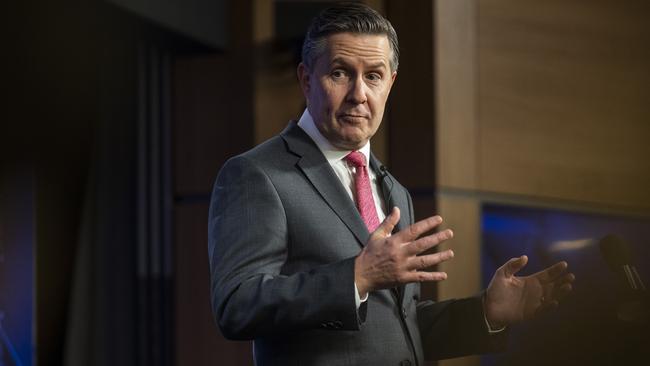
The cost of a packet of cigarettes will rise by $10, vapes will be banned from sale everywhere except pharmacies, and every doctor will be able to issue scripts for nicotine vapes as a smoking cessation tool as the federal government seeks to rein in an out-of-control black market vaping industry.
Health Minister Mark Butler outlined a suite of prohibitions designed to halt the spread of nicotine-laced vapes into the community, including a ban on fruit flavours and colourful packaging aimed at children, and making vapes available for sale only at pharmacies to adults with a prescription from their doctor.
He also revealed next week’s budget would levy further taxes on cigarettes and tobacco, with a 15 per cent rise over three years expected to generate $3.3bn in excise, and send the cost of an average pack of 20 cigarettes from about $39 to just under $49 by 2026.
The reforms were welcomed by health and doctor’s groups.
Small retailers criticised the move, saying it would do nothing to deter the thriving black market that already exists here.
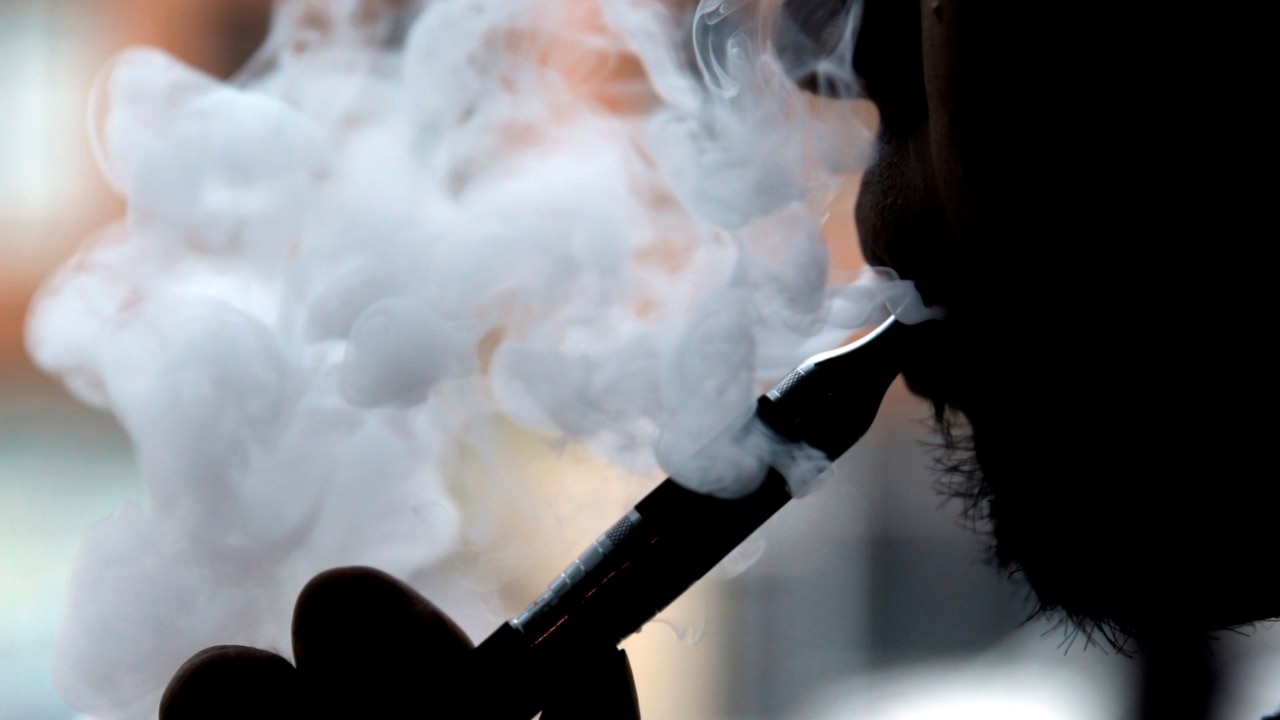
Australia now finds itself in a position where an adult can walk into a shop and lawfully purchase harmful cigarettes but not buy a vape without a prescription.
There were also unanswered questions about how the government would stop people using the internet to advertise and buy vapes online.
“To make this work, we need the assistance of state and territory governments to close down the sale of vapes outside pharmacies, in convenience stores and the like,’’ Mr Butler told the National Press Club. “I know my colleagues at state and territory level are just as committed as I am to stamping out this public health menace with a strong national coordinated response.
“We will not stand by and allow vaping to create another generation of nicotine addicts.’’
Victorian Premier Daniel Andrews expressed some reservations about the federal government pushing the costs of enforcement on to the states.
The Australian Federal Police Association was also concerned about how it would be enforced, with president Alex Caruana saying it would have been preferable for the government to regulate vapes, allowing the funding and establishment of compliance regimes similar to the ones that exist for alcohol and tobacco.
“This is ultimately a rehashing of an old policy and police are going to bear the brunt of it,’’ Mr Caruana said.
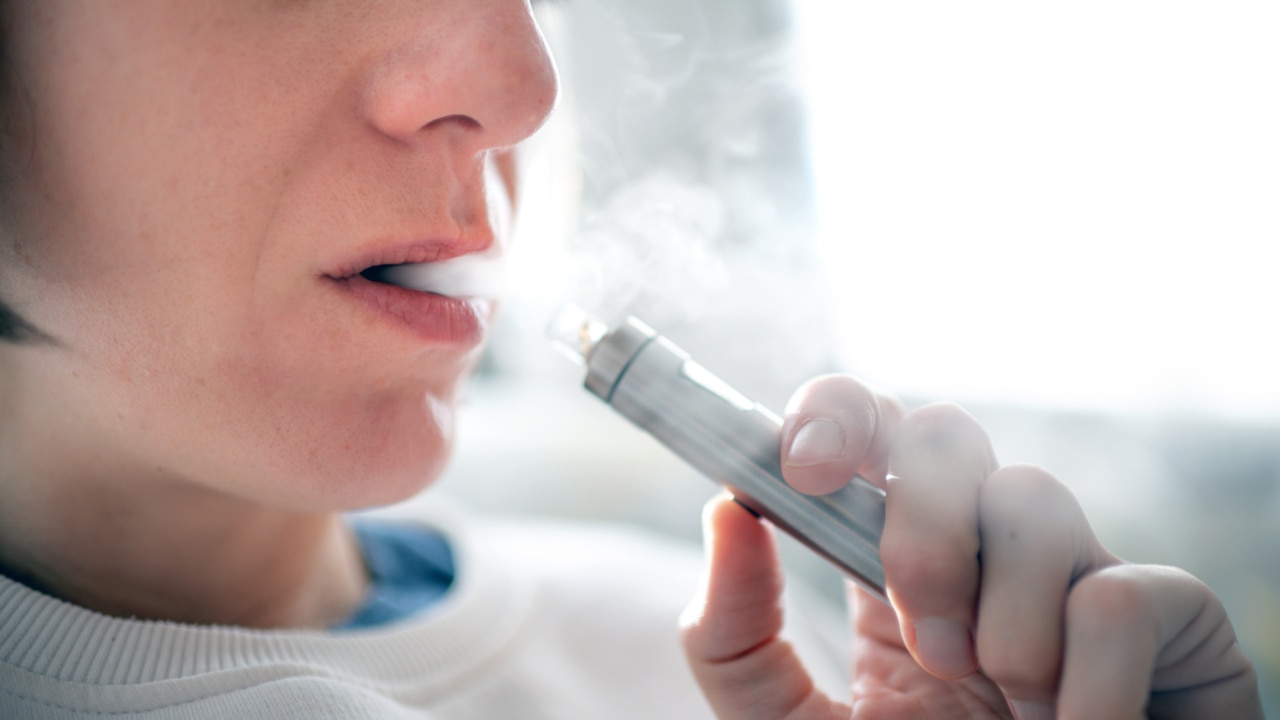
He welcomed the decision to tackle soaring youth vaping rates but said he was deeply concerned about how the prohibitions would be enforced, given the strong foothold recreational nicotine vaping had in Australia, despite already being illegal.
Law enforcement will have up to three interactions with vaping – first via the Australian Border Force, which will have responsibility for ensuring illegal vapes do not cross the border, then at retail shops, where state and territory police will have responsibility to ensure illegal tobacco and vaping products are not being sold under the counter.
Theoretically, a young person vaping publicly could also be challenged by police to show identification or a prescription, but such an interaction would be highly unlikely.
The Australian Medical Association welcomed the reforms and new national tobacco strategy. “Vaping has become a critical public health issue so we are very pleased with the decision to ban all vapes, including recreational vapes, outside of them being prescribed by a doctor as part of a safe and reliable strategy to help people stop smoking,” AMA president Steve Robson said.
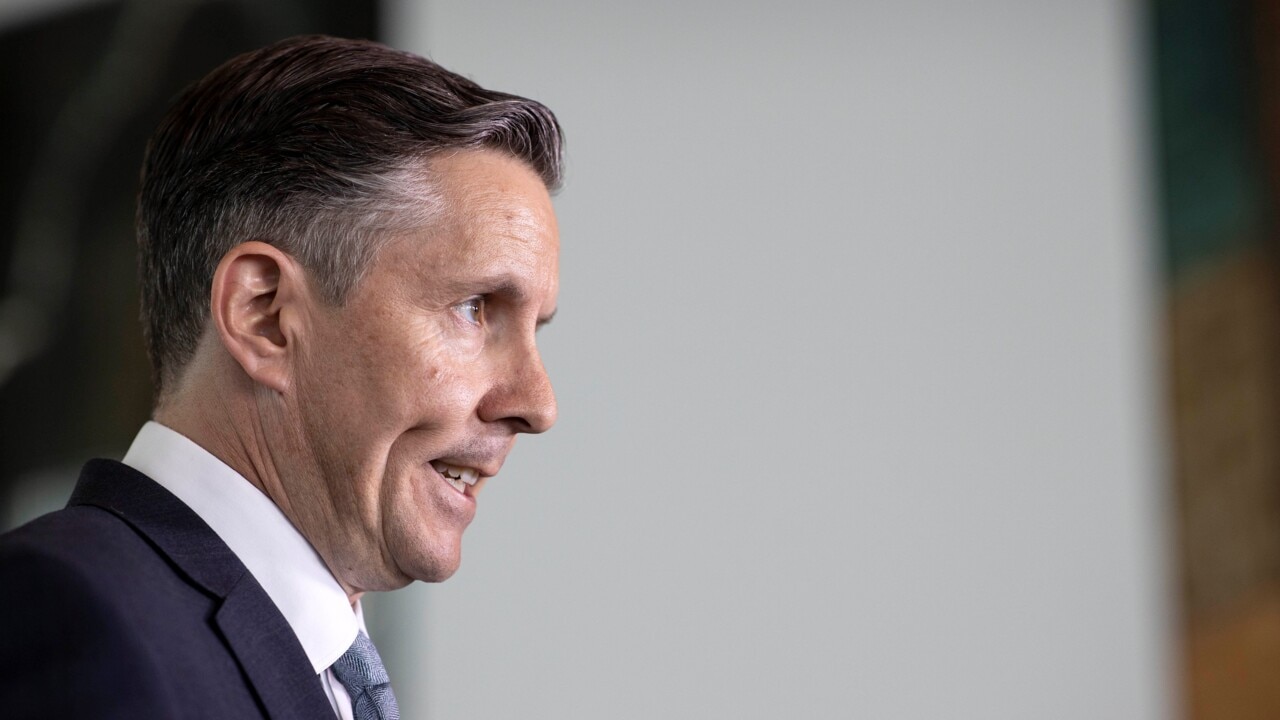
“There is a growing list of health harms posed by vaping while there is insufficient evidence vapes are a safe, effective smoking cessation tool.’’
Professor Robson said the requirement for vapes to be sold in pharmaceutical packaging, the ban on flavours and colours and reduced nicotine concentration for vaping products were bold measures and placed Australia in a world-leading position.
“Enforcing the new rules and cracking down on the black market will be key to their effectiveness,” he said.
“Governments and enforcement agencies at every level, across jurisdictions will need to be vigilant and work in concert.”
Mr Butler said the rapid rise of vaping had been a “vendor-driven, corporate-driven phenomenon’’ and enforcement activities would target vendors, not individual vapers.
“We are not blaming the customers. They have been sold a pup. We have all been sold a pup. We have been duped,’’ Mr Butler said.
“The difference between vaping and cigarettes is that cigarettes have been with us for so long. If we knew now back then when cigarettes were being introduced, I would hope that governments would have stopped it, would have snuffed it out immediately which is what I want to do to vapes.’’
Mr Butler announced the new tax on tobacco products would see excise rise by 5 per cent a year for three years, starting on September 1. Roll-your-own tobacco would now be taxed equally with manufactured cigarettes, of which excise already makes up an estimated 83 per cent of the sale price
“We know that a higher-price cigarette is a more unattractive cigarette,’’ he said.
Of the additional $3.3bn in revenue, $260m will be invested in a new national lung cancer screening program that will prevent more than 4000 deaths from lung cancer, while another $240m will tackle higher cancer and smoking rates impacting first nations people.
Australian Association of Convenience Stores chief executive Theo Foukkare described the reforms as “a rebadging of a policy that has already failed’’.
He said one in every four packets of cigarettes currently sold in Australia was illicit, and that only one in 100 containers was searched at the border, showing the extent of the black market problem.
“They are doubling down on a failed policy that won’t fix anything,’’ Mr Foukkare said.
“The black market doesn’t care about policy.’’
The association has strong links to big tobacco, and had lobbied for the government to regulate, or legalise, nicotine vapes and allow them to be sold from convenience stories.
Mr Foukkare said the government’s reforms amounted to “quasi-prohibition’’ which would allow the vaping black market to continue to flourish, while the new tobacco taxes would further drive the illicit tobacco industry.


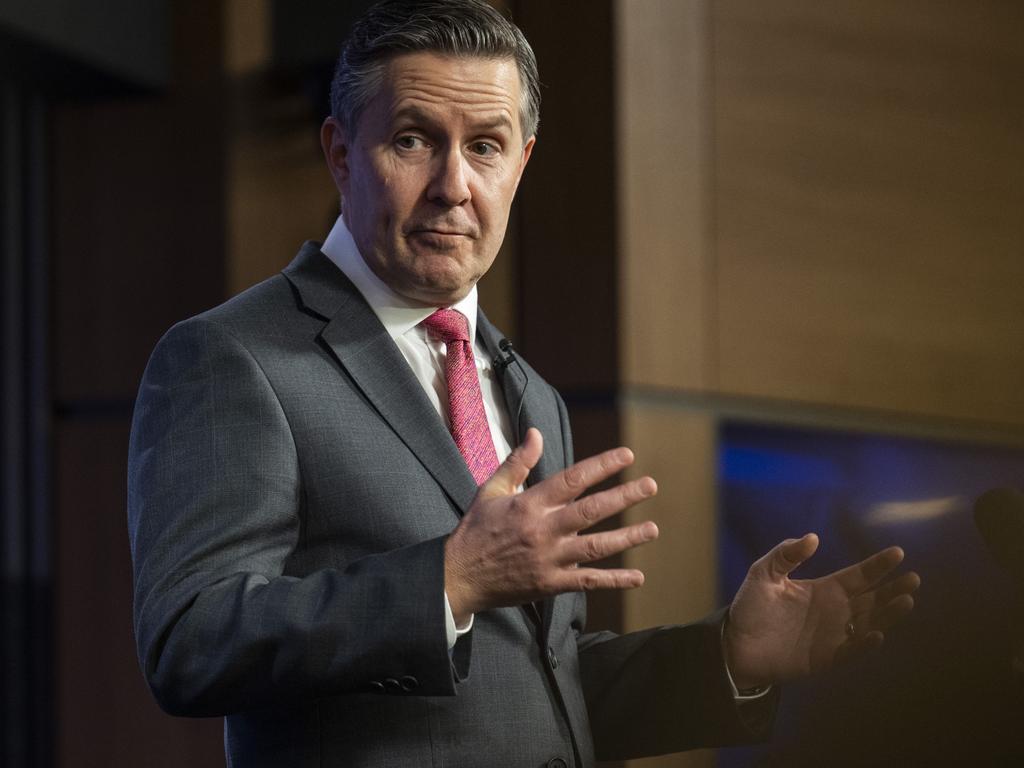
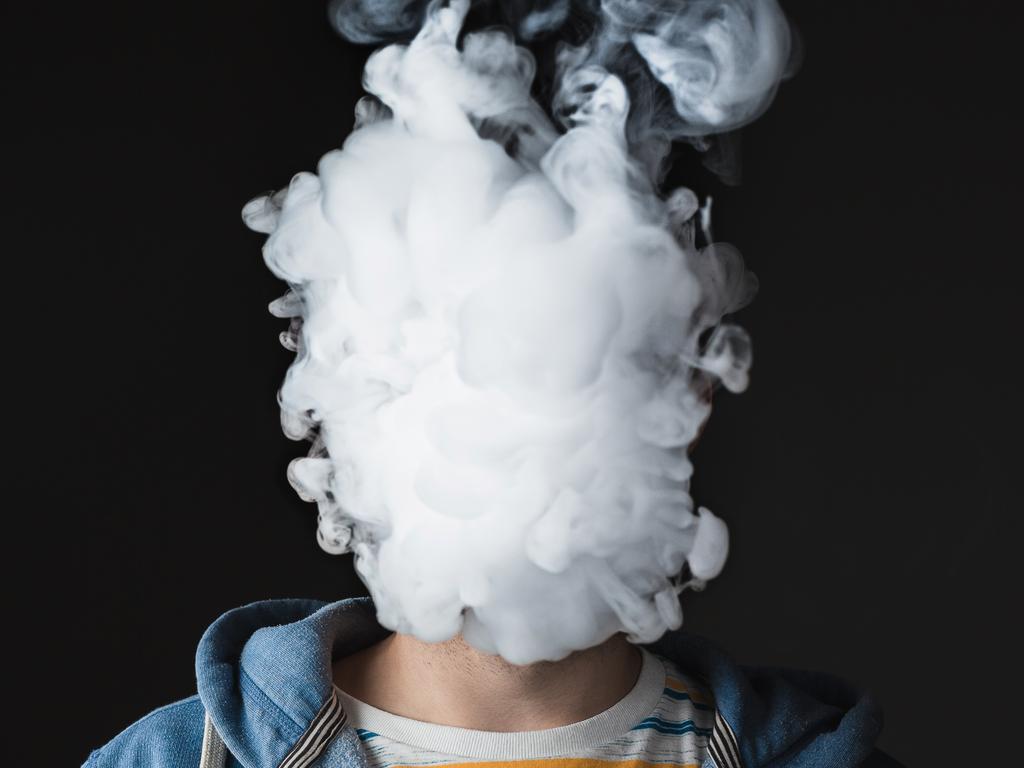

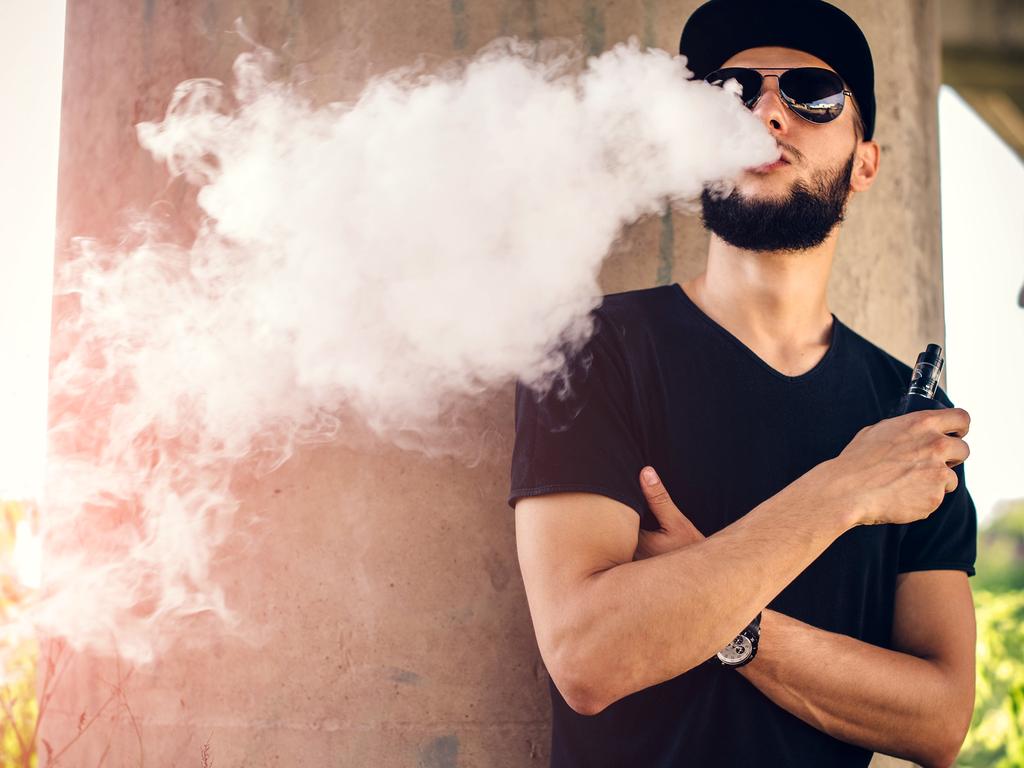


To join the conversation, please log in. Don't have an account? Register
Join the conversation, you are commenting as Logout